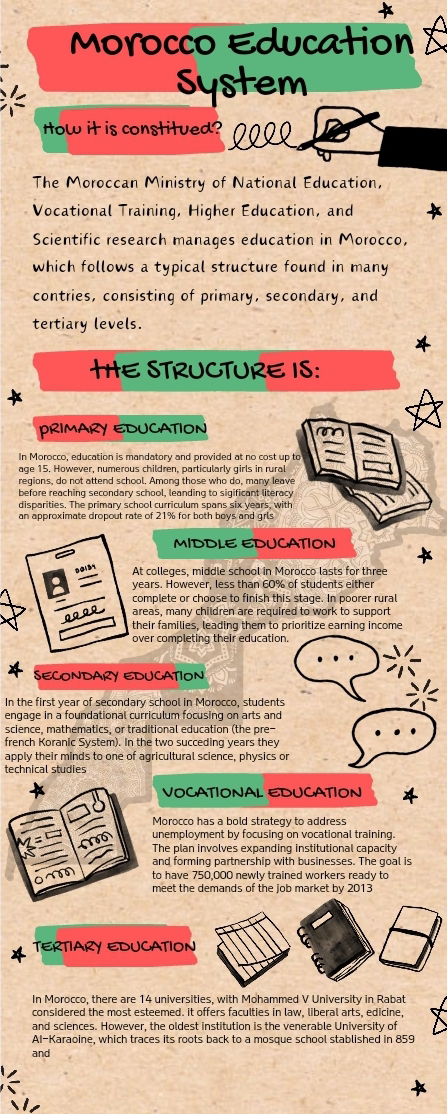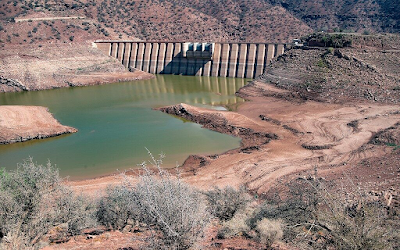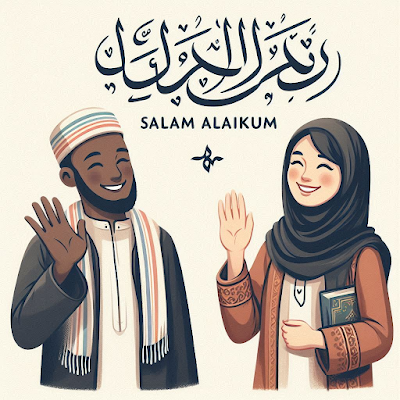Understanding Cultural Sensitivity in Morocco: What You Can, Should, and Have to Consider Generated with AI When it comes to interacting with people from different cultures, it's essential to be aware of certain norms and practices to ensure respectful communication. Here's a guide on what you can, should, and have to consider when engaging with Moroccan culture: You can engage in conversations about various topics, such as food, art, or local customs. These discussions can be a great way to learn more about Moroccan culture and connect with locals. However, you should avoid prying into personal matters, such as income or family dynamics. Respecting individuals' privacy is key to fostering positive relationships. Sensitive topics like politics and religion can often lead to misunderstandings or discomfort. While it's okay to express curiosity, it's best to approach these subjects with caution and avoid making assumptions. Instead, focus on more neutral topics to ke







